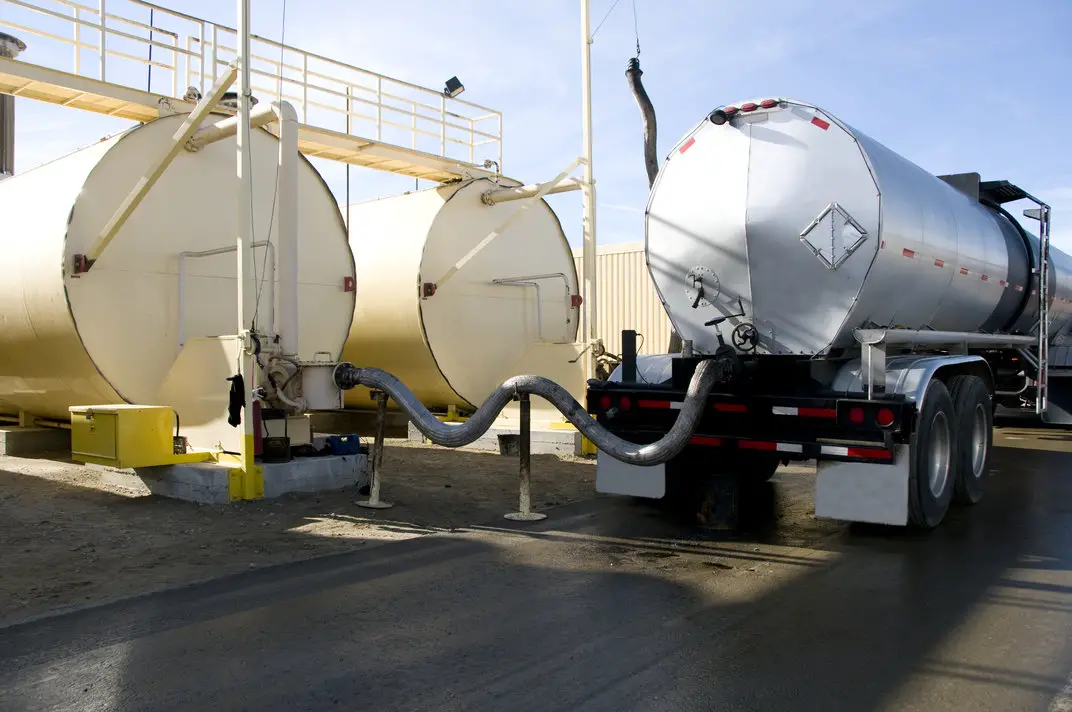From embracing new technologies to addressing environmental challenges, the construction industry has a lot of evolving priorities.
However, a recent survey by Shell Commercial Fuels showed that, while these are on the agenda of construction companies, the top priority today and in the near future still remains improving operating efficiency
Although fuel accounts for 20% of operating costs, according to the research 44% of companies say fuel choice has also contributed to unplanned downtime. Approximately 16% of construction companies manage their fuel ‘very effectively’. Addressing this does not require a huge investment in new machinery, technology or staff.
Rather, it can be as simple as adopting a better maintenance strategy. This begins with purchasing high-quality, additivated diesel, followed by implementing an effective fuel housekeeping regime – from correct storage, through effective handling and the requisite training – ultimately enabling construction companies make the most of their fuel investment on site.
Secure Storage
41% of survey respondents admitted that fuel storage contributes to breakdowns. The reason being: fuel arriving on site is viewed by some as the end of the process, when in reality, it’s just the beginning. The adage ‘out of sight, out of mind’ should not apply here; in fact, the opposite approach needs to be taken.
There’s little point in purchasing high-quality additivated diesel, to only limit its performance and incur unnecessary costs and lower efficiency through poor storage practices.
Choosing Your Tank
To combat this, thought must first be given to the type of tank the fuel is stored in and how this storage impacts fuel quality, equipment efficiency and overall business performance.
Since, when diesel is not stored properly, it starts to deteriorate. So consider tanks made of compatible materials, e.g. coated steel tanks that will not leech into diesel and cause impurities to develop.
Managing the Elements
To comply with fuel storage regulations and to avoid safety risks, tanks may not be located inside non-designated buildings, but must sit outdoors. This brings its own issues, since tanks are consistently exposed to the elements.
To reduce oxidation caused by contact with oxygen, light and temperature, tanks should be tightly sealed to minimise any exposure. They should also be located away from heat and out of direct sunlight, as diesel has a tendency to age at higher temperatures. Potential condensation of humidity in case of extreme temperature changes should also be monitored.
Effective Handling
The risk of contamination is not eliminated once effective storage practices are secured, however. Correct storage must be complemented by safe handling procedures. Indeed, 60% agree that it is important to understand the impact of both.
Preventing Contamination
Moisture from the surrounding atmosphere is a key concern for diesel. Being denser than fuel, water droplets will settle out at the bottom of the tank and can increase the likelihood of ageing and bacterial growth – especially if the diesel contains bio components.
In fact, a water content of above just 0.05% can reduce the life of diesel injectors by as much as half. For this reason planned tank maintenance is recommended to keep the inside of the tank clean and dry and therewith fit for purpose.
Add the fact that storage tanks are often located in dirty or dusty environments – this additional requires care e.g. breathers that prevent contamination and special care during refueling.
Monitoring your fuel
Unfortunately, preventing any water from entering the fuel mix at all is unrealistic, therefore it is key that storage tanks are consistently monitored, to ensure that the diesel is still fit for purpose.
To assist with this, many storage tanks are designed with bottom valves allowing to periodically drain off water. Other checks that should be regularly included: maintaining seal integrity; ensuring filters are unclogged; and proofing the tank for any damage that could cause leakage.
Tanks should always be kept relatively full if not used for longer time, with only a small air space above the fuel line to minimize condensation of air humidity and corrosion. If the fuel is stored for longer (or even just a few months in case of harsh conditions), it should even be considered to take samples and check if the fuel is still OK.
The Importance of Training & Partnerships
6 out of 10 companies recognize the importance of all parts of their business understanding the impact of proper fuel storage and handling, including senior management.
Therefore, it’s vital that the key messages are relayed throughout the entire company [1]. If knowledge sharing is something your company struggles with, then consider first acting on these three top tips.
Top tips for implementing effective fuel management
1. Implement regular staff training around fuel housekeeping best practices, emphasizing the efficiency and performance consequences of poor fuel storage and handling.
2. Seek out fuel experts, such as Shell Commercial Fuels, who can supplement your current operations with extensive industry expertise and knowledge, to help you implement the right fuel management strategy for your business.
3. Choose advanced additivated diesel, with efficiency, dehazing and fuel stability benefits, that can – when combined with proper fuel housekeeping – improve performance and reliability of equipment, and reduce its total cost of ownership. Construction is an industry built on numbers, from the dates of a deadline to the measurement of materials.
With margins ever-tighter, construction companies must find gains wherever they can. In this case, by choosing high-quality, additivated fuel and partnering with trusted fuel experts, businesses can reap tangible performance benefits by adopting successful fuel.


